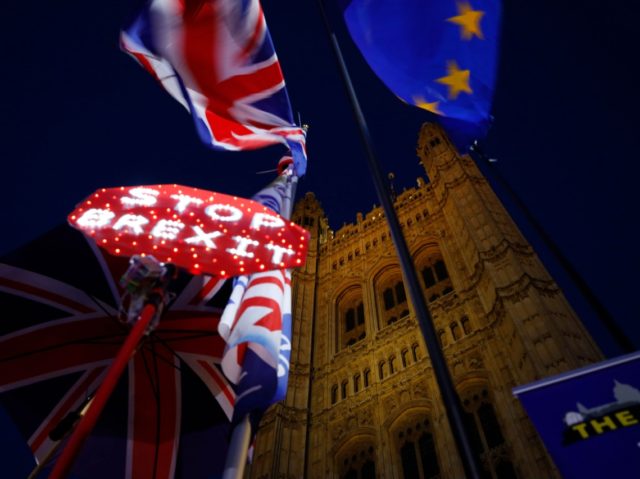A bid to get UK Prime Minister Boris Johnson’s hotly contested Brexit deal delivered in time for the promised October 31st deadline appears to have failed, as Members of Parliament voted against the accelerated timetable put before them Tuesday evening.
A last-minute Brexit deal agreed between government negotiators and the European Union last week will probably not be delivered by the October 31st “do or die” date promised by Boris Johnson after a vote on accelerating progress to make the deal law in time was defeated in the House.
This blow for the government came despite MPs voting to approve his deal to go forwards just moments before, and would have passed were it not for dissenting Northern Irish MPs who believe the new deal is a betrayal of the province.
Both votes were considered to be knife-edge decisions and leave the path towards Brexit, either by the end of October as repeatedly promised or another date in the future remaining unclear. Boris Johnson himself looked despondent in the chamber after the vote was read out, but took to his feet with renewed energy and focussed first on the fact the House had voted to approve his deal, stating “we should not underestimate the significance of this moment”.
Boris Deal Means UK Subject to EU Court Rulings up to 3 Years After Brexit https://t.co/UXVzmYZNrl
— Breitbart London (@BreitbartLondon) October 22, 2019
Looking at the route forward for his deal, the Prime Minister again piled the pressure on Members in the house — the majority of which were against Brexit during the 2016 referendum and many of which who would go to almost any length to prevent Britain leaving without a deal — by announcing the government would respond to Tuesdays’ vote by intensifying no-deal preparations.
While the government insists it is best to leave the European Union with a deal, many Brexiteers insist any new deal the EU would agree to would not be a full Brexit and a betrayal of the spirit of the 2016 vote, but fully leaving the European Union is deeply unpopular in the corridors of power.
Boris Johnson said he would now speak to his fellow leaders in Europe to sound them out on whether Brexit would now be delayed, and remarked the immediate effect of the vote going against the government is that progress on the deal would not be halted.
Sticking to his guns on taking Britain out by the end of October — little more than a week and a half in the future — Mr Johnson continued: “we will pause this legislation. Let me be clear, our policy remains that we should not delay, that we should leave the EU on October the 31st, and that is what I will say to the EU and I will report back to the House. And one way or another, we will leave the EU with this deal to which this House has just given its assent.”
Outgoing Eurocrat Juncker’s Parting Shot: ‘Brexit a Waste of Time and Energy’ https://t.co/pbY0REDlEK
— Breitbart London (@BreitbartLondon) October 22, 2019
Mr Johnson knows meeting that October 31st date is essential to the survival of his political career. The understanding in Westminster is that another general election is shortly on its way, but polling suggests the only way for Mr Johnson to win that national poll would be to deliver Brexit, with or without a deal, by the end of October. POolling reported by Breitbart London suggests that to deliver Brexit even a day late would leave him unable to win an election, having broken his oft-repeated promise to make Brexit happen ‘do-or-die’.
Despite it having now passed a vote in Parliament, Mr Johnson’s deal remains contentious, and key Brexiteers including Nigel Farage and the DUP claim it has fatal flaws. In a mailshot email sent before Tuesday’s votes, Brexit leader Nigel Farage summarised the problems with the deal, remarking it “reheats 95 per cent of Theresa May’s deal” — an agreement with the European Union that Boris Johnson himself twice voted against and said would reduce the nation to a vassal state.
Pointing to specific issues, Mr Farage pointed to the fact in his letter that under the withdrawal agreement being pushed by Mr Johnson, “Britain remains under EU rules but with no vote, no voice, no veto… EU judges can still override our laws” and that the United Kingdom will be divided by an internal customs border.
Setting out his stall for an alternative route, the Brexit leader concluded: “A Clean-Break Brexit remains the best deal for Britain. We need a General Election for a Leaver alliance to win a big majority and make Brexit a reality.”
This story is developing and more follows

COMMENTS
Please let us know if you're having issues with commenting.